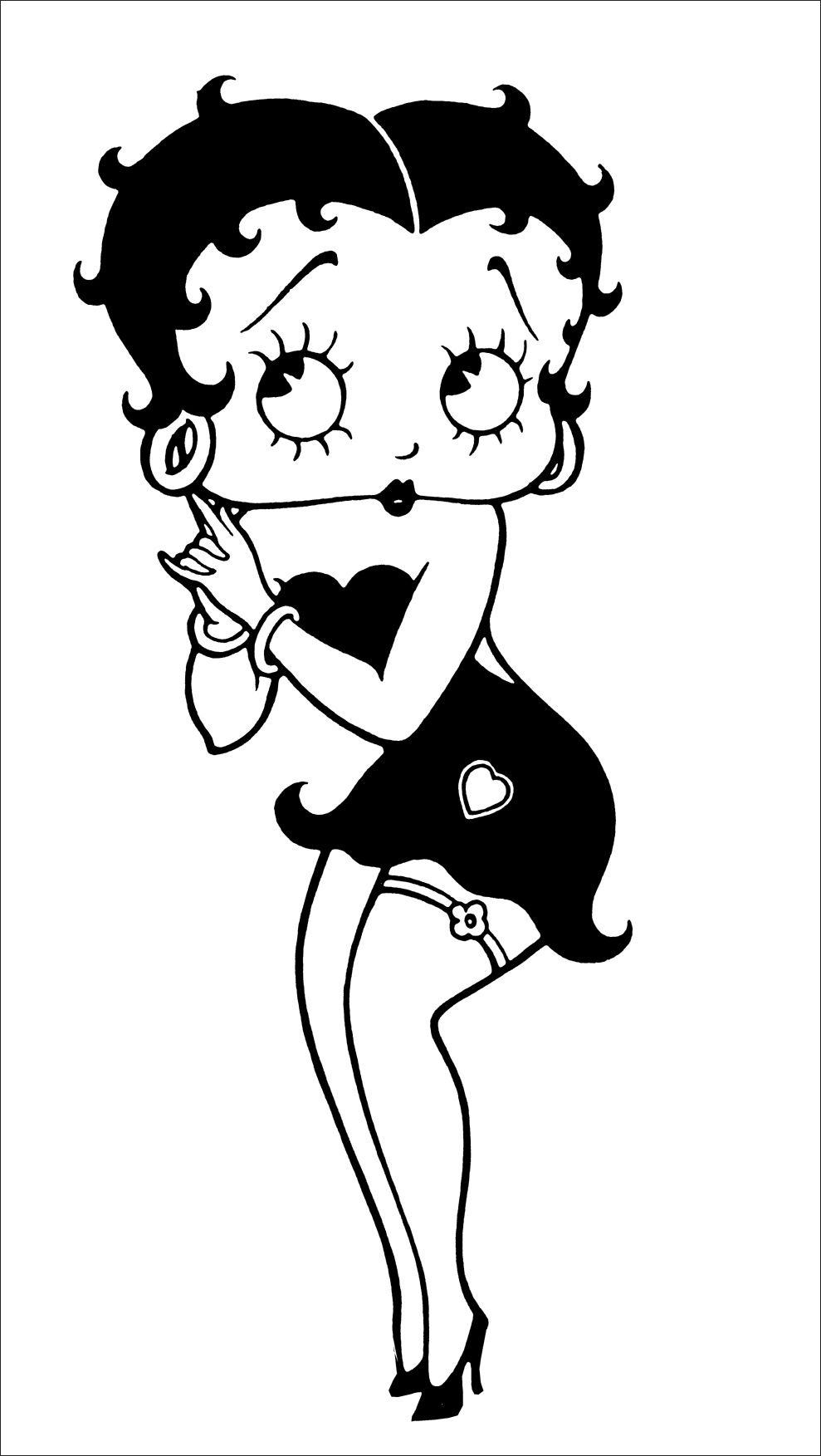A federal appeals court ruled Wednesday that the family of pioneering animator Max Fleischer doesn't own the copyright or trademark to cartoon sex symbol turned comic strip and merchandising star Betty Boop, and can't sue others for using the character's image.
Courthouse News Service reports the Ninth Circuit Court of Appeals upheld a lower court's decision that a half-dozen manufacturers of Betty Boop merchandise hadn't infringed on Fleischer Studios' copyright -- because Fleischer Studios couldn't demonstrate it has one.
Created in 1930 by Fleischer and animator Grim Natwick (probably among others), the cartoon flapper became the star of the studio's Talkartoons series before being sold to Paramount Pictures in 1942. The Fleischer family contends that Paramount transferred its Betty Boop rights in 1955 to UM&M TV, which three years later sold them to the company that eventually became Republic Pictures. A decade later, Republic allegedly transferred the rights back to Fleischer Studios.
However, U.S. District Judge Florence-Marie Cooper ruled the Fleischer heirs failed to show proof of any of the transfers the plaintiffs alleged took place after Paramount purchased the rights in 1942. The appeals court agreed in a 2-1 decision, finding that Paramount retained the copyright in its 1955 agreement with UM&M TV, and actually sold Betty Boop to Harvey Films -- the animation arm of Harvey Comics, now owned by Classic Media -- some three years later. The panel also dismissed Fleischers' trademark claims for lack of evidence.
In addition to her countless animated appearances, including cameos in commercials and the 1988 film Who Framed Roger Rabbit?, Betty Boop has starred in two comic strips, one in the 1930s and another, with Felix the Cat, in the 1980s.


